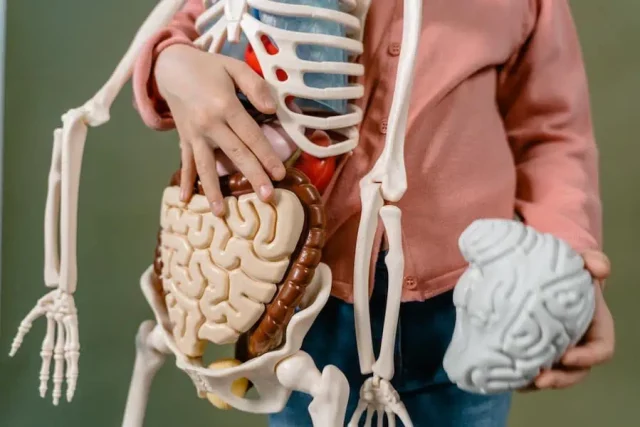In the past, people thought of nootropics, sometimes called “smart drugs,” as falling into the realm of science fiction. As research into both pharmaceutical compounds and herbal supplements continues, though, it is becoming increasingly clear that there are supplements people can take to boost certain aspects of cognitive performance.
What Are Nootropics?
The definition of a nootropic is relatively straightforward. Nootropics are substances that can boost brain function. However, there are many misconceptions out there about what these substances are, and what they’re not.
Before discussing how nootropics can be used to optimize brain function, let’s get one thing out of the way. Despite their portrayal in some pop culture media, nootropics don’t make anyone universally “smarter.” Instead, they act in more localized ways, meaning that there are nootropics for verbal fluency, concentration, memory, or reaction time, but not for overall intelligence.
Natural Supplements vs. Medications
Some people need medications to enhance cognitive function. Patients who take physician-prescribed stimulants for ADHD to enhance focus and concentration are good examples. However, these medications are only available through a specialized doctor, largely because their use poses certain risks that aren’t common with natural supplements.
For healthy people who want to use nootropics to optimize brain function rather than to treat an underlying disorder, the best option is usually to opt for dietary supplements. They’re available over the counter and don’t typically cause issues with drug dependence or come with as many unwanted side effects.
Herbal Supplements
Many of the nootropics available without a prescription are herbal or dietary supplements that have been used in traditional medicine practices for centuries. Common examples include:
Ginkgo Biloba
Ginkgo biloba is derived from a tree that bears the same name. People use it to boost memory and focus, and some research indicates that it may also help to prevent age-related cognitive decline.
Bacopa Monnieri
Bacopa monnieri has been used in Ayurveda for centuries. Now, modern researchers are uncovering mechanisms by which it improves thinking and memory in elderly subjects and healthy adults.
Rhodiola Rosea
Rhodiola rosea is used in traditional Chinese medicine to promote healthy brain function and enhance overall well-being. This herbal supplement is believed to improve mental processing by reducing fatigue.
Reservatrol
Reservatrol is an antioxidant found in many plants. When taken as a supplement, it may help to slow the decline in brain function that all adults experience as they age.
Animal-Based Supplements
For those who don’t mind consuming animal products, there are two nootropic supplements worth considering. Fish oil contains a substance called docosahexaenoic acid (DHA), which plays an essential role in maintaining the brain’s structure and function. Taking this supplement helps people with low DHA intake through food improve their memory, reaction times, and thinking skills.
The other animal-based nootropic worth discussing is creatine. Found naturally in meat, fish, and eggs, creatine can also boost memory and thinking skills when taken as a supplement, particularly in people who don’t eat meat.
The Importance Of Quality
Whether supplements are plant-based, animal-based, or man-made, they should be taken with care. People should perform their due diligence before deciding which supplements to take and where to get them. Not everyone benefits from all nootropics equally, and herbal supplement manufacturers vary greatly in terms of product quality and purity. Take the time to research individual ingredients and find a reliable supplier.














